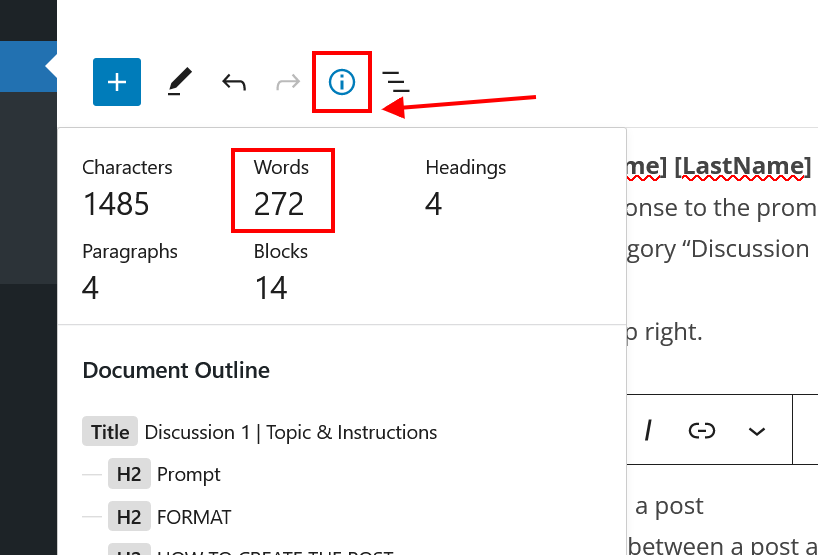The readings A Birth Story and 12 Reasons should be illegal for doctors not to treat a trans person. The reads were not surprising to me as in the news and some nurses that I know have told me some horrible stories that even they have a tough time accepting. in the read A Birth Story, it made me angry that they would put this woman threw this stressful situation was so humiliating, then they had the audacity to make her walk with her baby while she just gave natural birth, to her room. I would have wanted to walk out myself. How come people in the medical field are so damn cruel? If you do not like you job as a Nurse or Doctor quit, it is such a disgrace for a doctor to carry the title as a Dr, and then they have feelings or beliefs that disagree with the treatment or care for any persons who are transgender, colored or may have a different background. Anyone who seeks care should be received with care, respect, and consideration for their health concerns. Transgender people need medical care to they are human beings just like the rest of us. They are not aliens. I always have issues when people treat other people with such disrespect.
In the film “Period End of Sentence.” This film shows how the women in India are learning how to work with machines so they can create their own pads and educate others about menstruation and usage of the pads. In the film you can see that the women and girls do not like to talk about their menstruation, they look shy and embarrassed. I have always though that all women and girls around the world knew about pads and used them.

